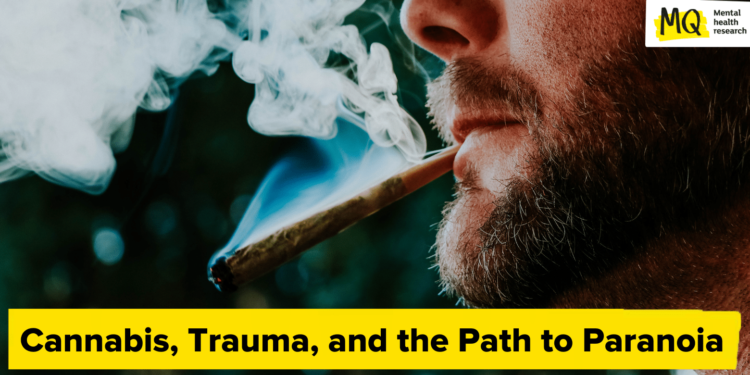A second examine, revealed in Psychological Drugs, examined how childhood trauma influences the connection between hashish use and paranoia. Simply over half of contributors reported some type of trauma, with bodily and emotional abuse rising because the strongest predictors of later paranoia. Those that reported sexual, emotional, or bodily abuse additionally consumed greater quantities of THC weekly.
Dr Giulia Trotta, first creator of this examine, stated,
“This complete examine is the primary to discover the interaction between childhood trauma, paranoia, and hashish use amongst hashish customers from the overall inhabitants. We have now not solely established a transparent affiliation between trauma and future paranoia, but additionally that hashish use can additional exacerbate the consequences of this, relying on what type the trauma takes.”
Professor Marta Di Forti, senior creator of each research, added, “My expertise in clinic tells me that there are teams of people that begin to use hashish as a method of dealing with bodily and emotional ache. My analysis has confirmed that this isn’t with out vital additional danger to their well being and wellbeing, and coverage makers the world over needs to be aware of the impression that legalisation, with out sufficient public training and well being help, might have.”
Collectively, these research spotlight that each early motivations for hashish use and experiences of childhood trauma can form later dangers of paranoia and heavy use, underlining the significance of public well being training and early medical screening.








Discussion about this post